Buisness aviation news

For the first time, Large jets now account for 20% of industry sales according to Ever Forward: The Pre-Owned Business Aviation Report by Jetcraft.
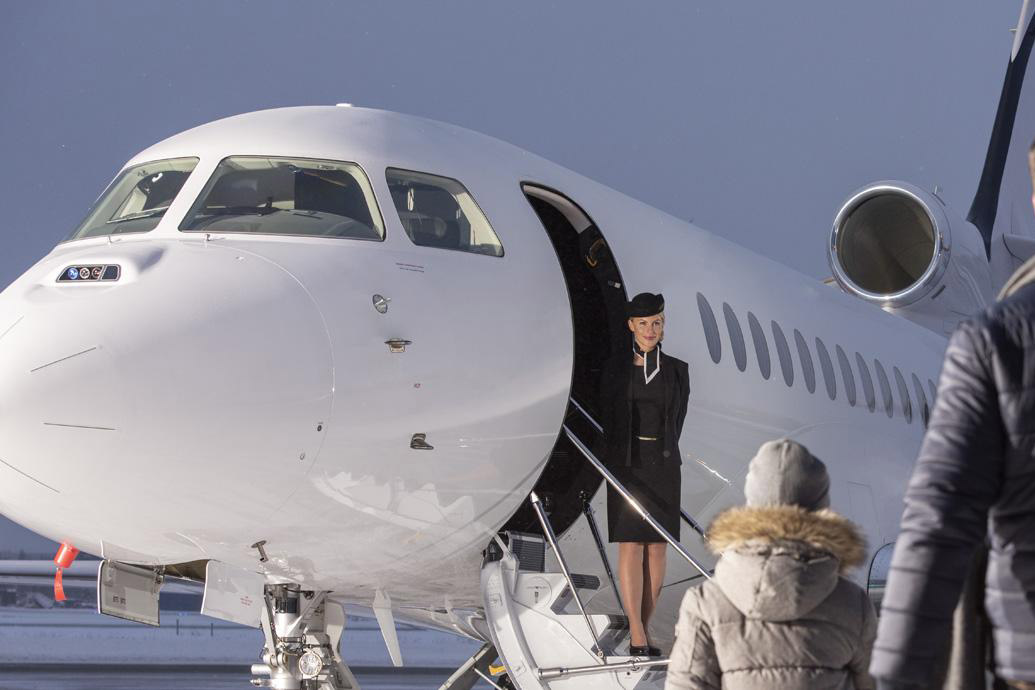
Global bizjet traffic is reaching its highest ever levels in 2025, eclipsing the previous high peaks in 2022, primarily due to the renewed demand for bizjet travel in the US since Trump’s election. Even Europe, facing serious economic headwinds, has seen an increase in bizjet traffic this year compared to last, with a surge in the last week reflecting school half-term breaks.

The General Aviation Manufacturers Association (GAMA) released the 2024 General Aviation Aircraft Shipment and Billing Report during its annual State of the Industry Press Conference. Overall, when compared to 2023, nearly all aircraft segments saw increases in shipments and preliminary aircraft deliveries were valued at $31.2 billion, an increase of 13.3%.

The Superbowl saw the biggest surge in bizjets since 2018, with departures on the day after the event 5x higher than the average daily departures this month so far. This reflects a general buoyancy in the US market since November. In contrast the European market is subdued, particularly in the UK, with an alarming 20% drop in bizjet flights this week. There will also be concerns over the impact of new business jet taxes in France, the busiest European market. In the Middle East, where bizjet traffic year to date is up 77% since 2019, demand in Saudi Arabia should get a boost from GACA announcing an opening-up to foreign operators from March this year.

Economic concerns are up this week in the wake of Trump’s trade war declaration. This will certainly worry bizjet OEMs outside the US, although, as a proportion of total activity, international flights to and from the US are a very small part. And flight demand is still seeing the positive effects of the Trump bump, with fractional demand particularly strong, endorsing Flexjet’s bumper billion-dollar new aircraft order this week.
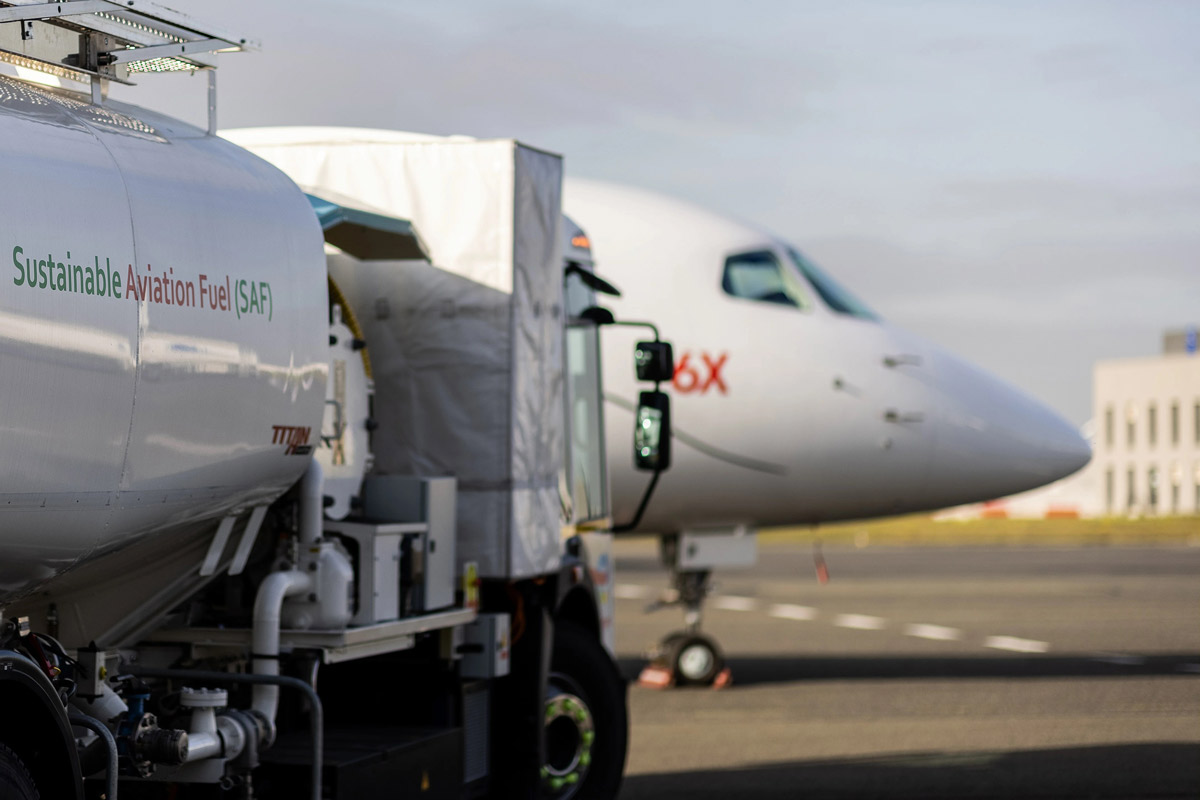
Alandmark Oxford Economics study released 29th January outlined business aviation’s substantial economic contributions in Europe, warning that restrictive government policies could jeopardise up to ˆ120bn in foreign investments and 104,000 jobs by 2030.
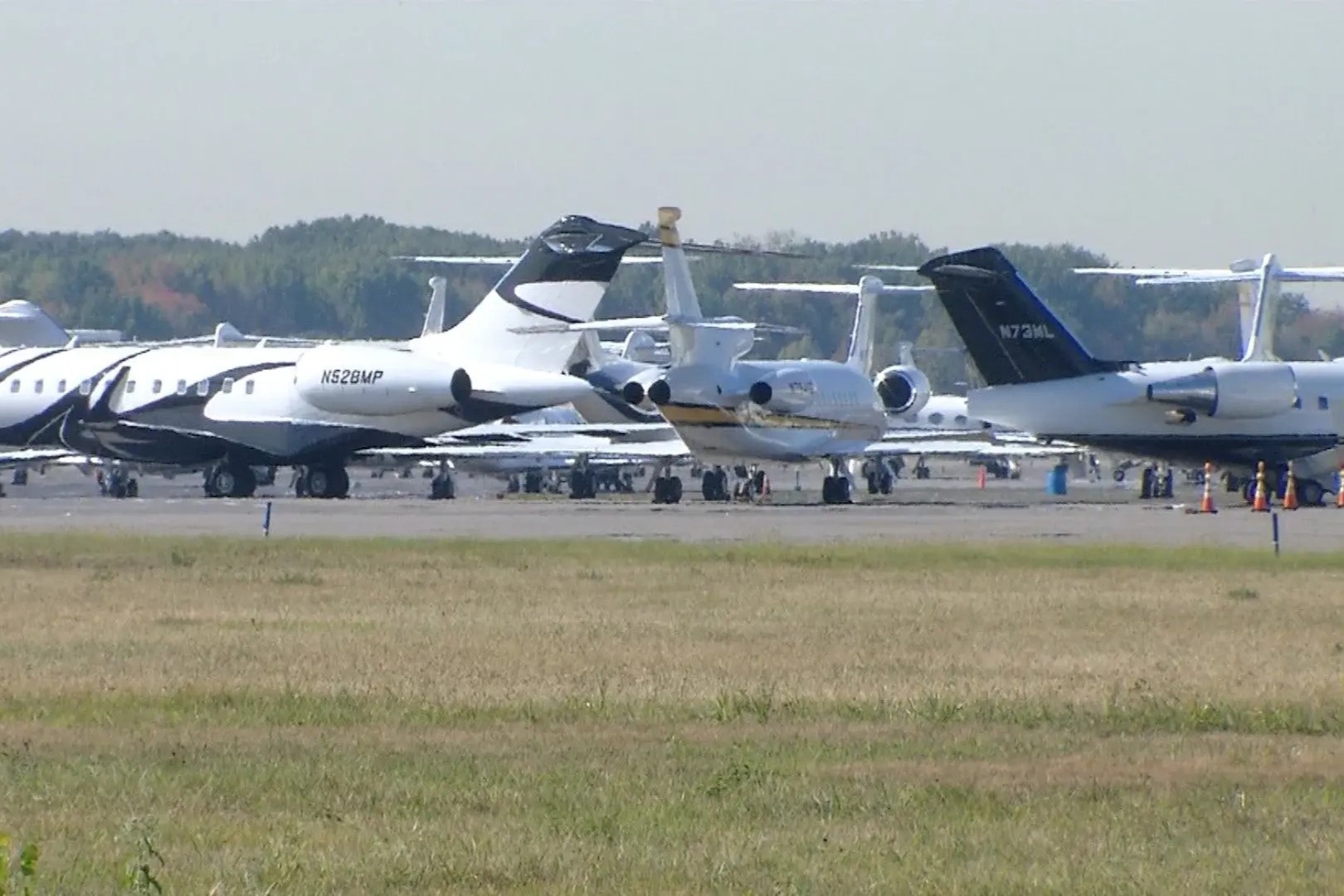
Global bizjet demand got a double boost from Trump’s inauguration and the meeting of the World Economic Forum, well served from airports in the UK, France and Switzerland.

Aero Asset, a global helicopter sales and market intelligence firm, has launched its Heli Market Trends 2024 Annual Report: Single-Engine edition. This report delivers an authoritative analysis of the global preowned market for single-engine helicopters featuring Aero Asset’s proprietary market intelligence and expert insight.
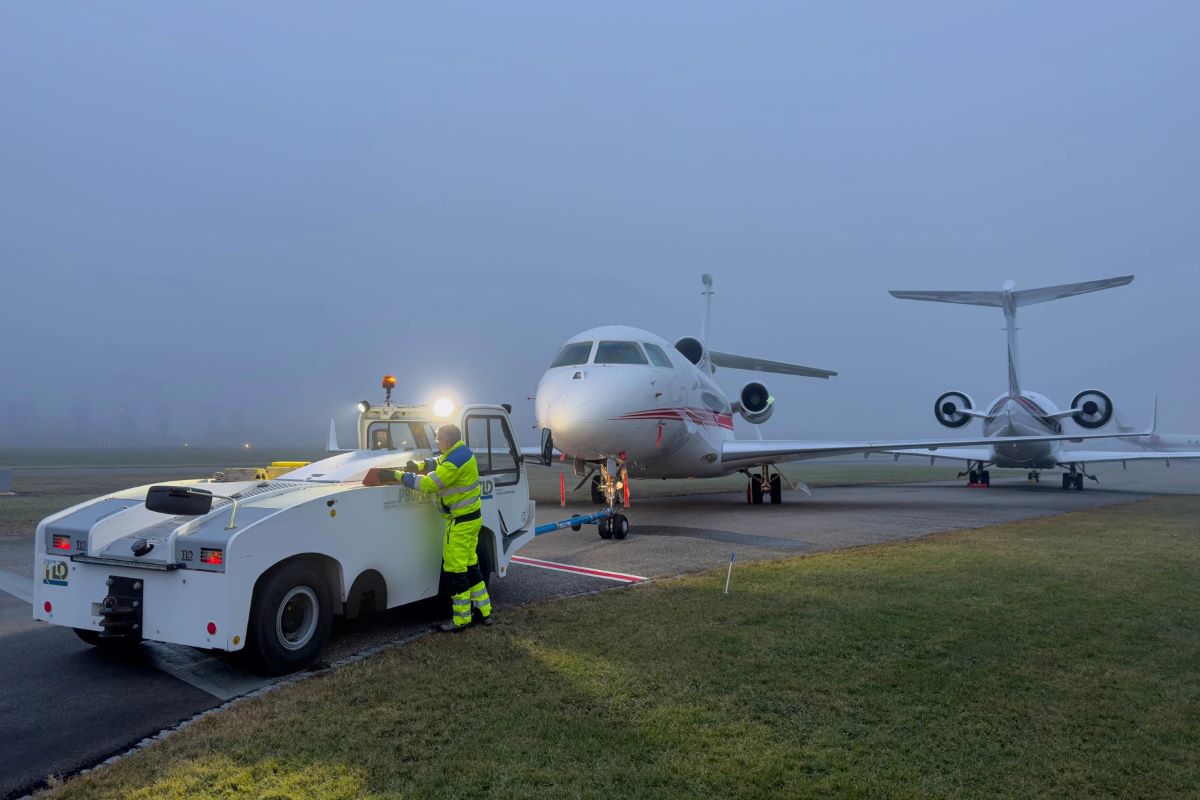
The bumper arrival of business jets for the inauguration appears to confirm the strong sense in the industry that the change in the US government is good news for the bizjet industry. The turnaround in bizjet activity in the US, which had been flat through most of last year, stands in contrast to the European market, where activity receded 6% in the last week and is trending at 2019 levels.
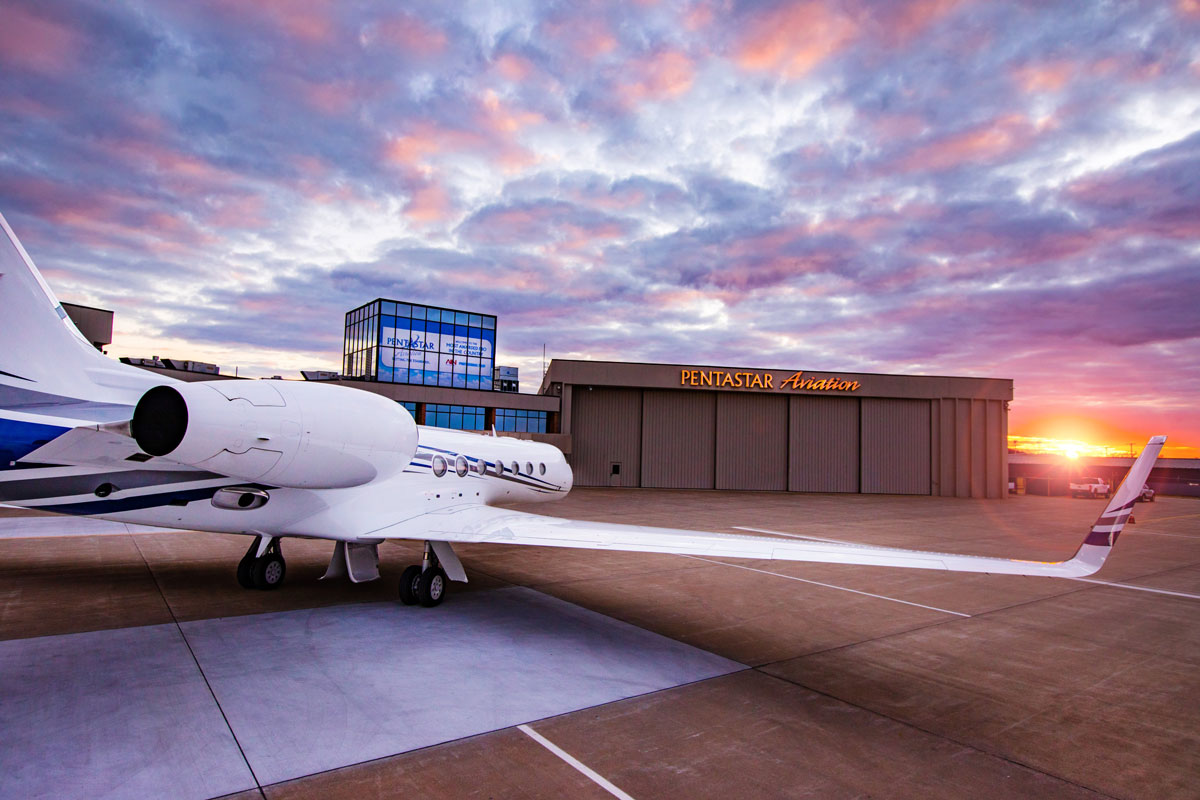
Global bizjet activity was flat in week 2, dropping back on the pace of growth in Week 1. Notably there was strong bizjet activity out of airports in the Los Angeles metro area due to the Wildfires catastrophe. There has also been strong growth in flights to/from Palm Beach, as Trump and his team prepare to take office.

US bizjet demand continues to trend upwards, as it has done since the US elections in November. Leisure activity clearly spiked in the holiday season, with US-Caribbean flight hours up 25% YOY. In other markets, European activity has dipped in the last week, but is up over the last few weeks, bizjet activity from the Middle East is on the up, whereas trends in Africa and South America are down as we come into 2025. We would expect the positive business sentiment in the core US market to move global activity several points up in Q1 2025 compared to last year.

Post-Covid demand for business aviation looks strong, notably in the United States where activity is well ahead of 2019. December ended ahead of last year, marking a strong end to the year. Fractional operators have made large gains compared to the last 5 years, contrasting Corporate Flight Department activity. Appetite for business aviation in Europe remains resilient, although small gains compared to pre-pandemic 2019.

Texas, California and Florida are seeing trends of close to 10% in terms of year-on-year growth in bizjet departures in the last 4 weeks, testament to solid improvements in consumer and business confidence in the wake of Trump´s win. More than usual numbers of US tourists have flown to Europe in the last week, notably more to the UK and Italy than to France and Germany. The Middle East saw a strong bump in YOY bizjet flights coinciding with the MEBAA show in Dubai.

The post-election bounce continues, with week 47 seeing the largest YOY increase in flight activity so far this year, closing almost all the deficit accumulated earlier this year. California has seen an especially strong recovery. In Europe, demand is sagging in leading markets, with Italy the year-long exception. Bizjet demand in South America continues to thrive.

The Thanksgiving holiday saw a record surge in bizjet traffic, notably in Florida. Activity in the US since the election is positive year on year, bucking the overall decline in bizjet demand in this year compared to last year. European bizjet demand is fragile, particularly in the German corporate market. In other regions, Brazil continues to see strong growth this year.

The General Aviation Manufacturers Association (GAMA) published the Third Quarter 2024 General Aviation Aircraft Shipment and Billing Report. The general aviation aircraft manufacturing industry’s results through the third quarter of 2024 show an increase in the overall value of aircraft shipments and increased shipments of piston airplanes, business jets and turbine helicopters, with turboprops and piston helicopters shipments in line with the first nine months of 2023.

Business jet activity is trending up by 7% since the US election, and follows a strong October, compared to 2023. This may suggest a post-election bounce, especially as Trump is expected to lower taxes and may generally be favourable towards the sector.
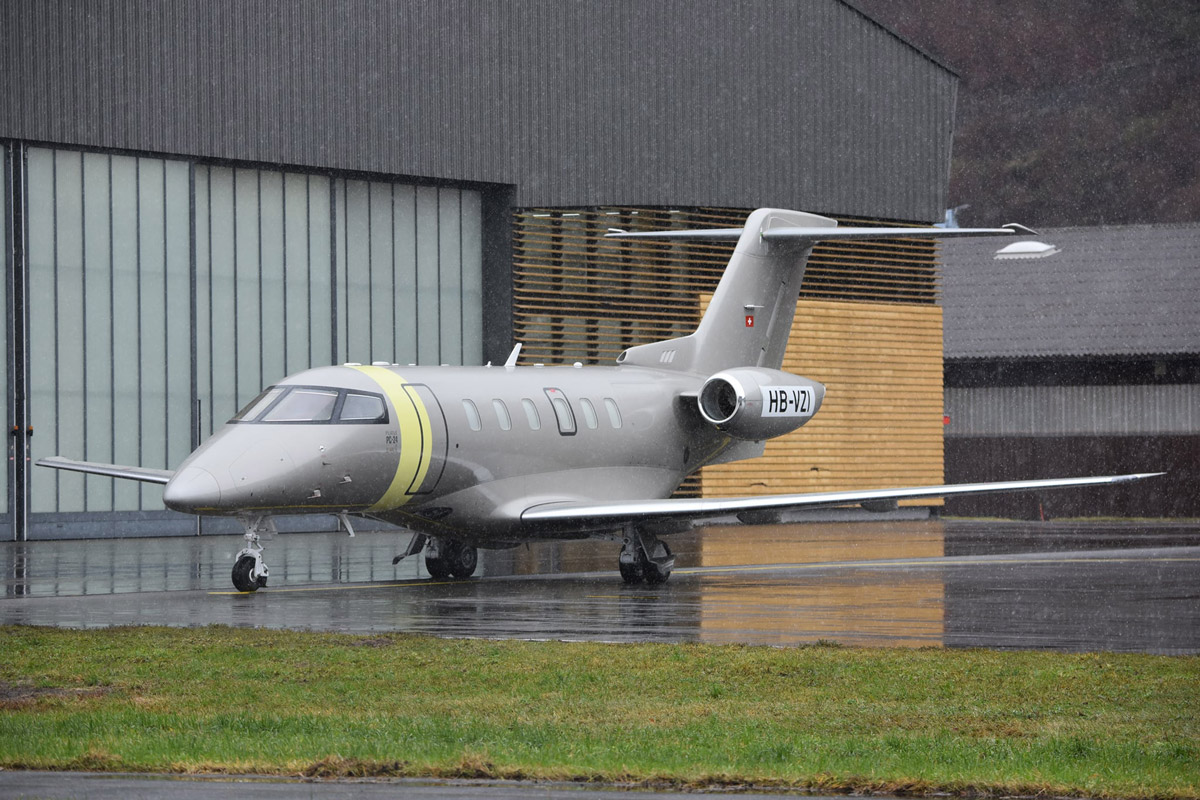
In contrast to surveyed industry sentiment, which is apparently buoyant following Trump’s election triumph, bizjet flight activity in the US has actually slackened in the last two weeks. Elsewhere in the world, big political gatherings in Baku and Rio attracted a relative local spike in bizjet usage.

With just a few days passed since the US election result, the effect on business jet utilisation is not obvious. In fact activity has calmed, followed several weeks where there were more flights than last year. In Europe, the political and economic strife in Germany is reflected in substantial cutbacks in bizav demand. Destabilisation and conflict in the Middle East has equally seen a big step back in flight activity.

Week 44 capped a topsy turvy 4 weeks in the key US market, with much of October flat-to-negative, but strong gains this week, notably in Florida, also in the US election Swing States, suggesting that the elections may have directly boosted utilisation. The largest European markets are on a stagnant trajectory, with Italy the obvious exception. This week also saw a big increase in year-on-year bizjet traffic in Saudi Arabia.

